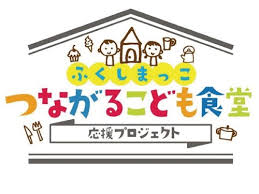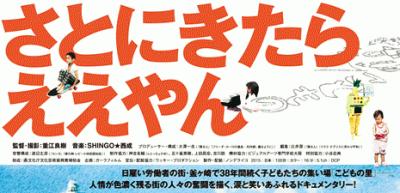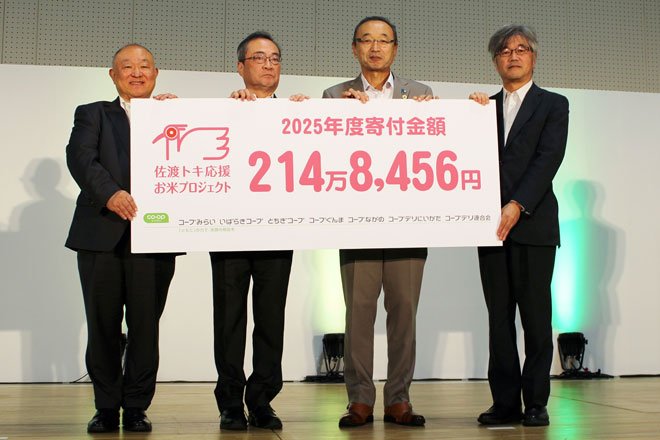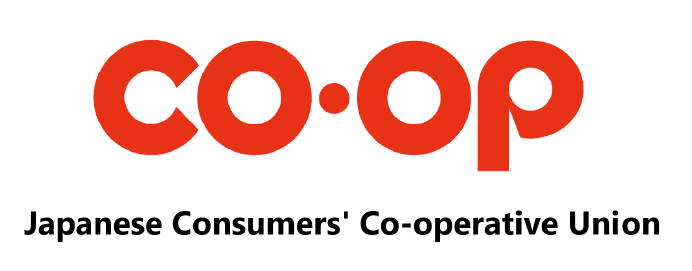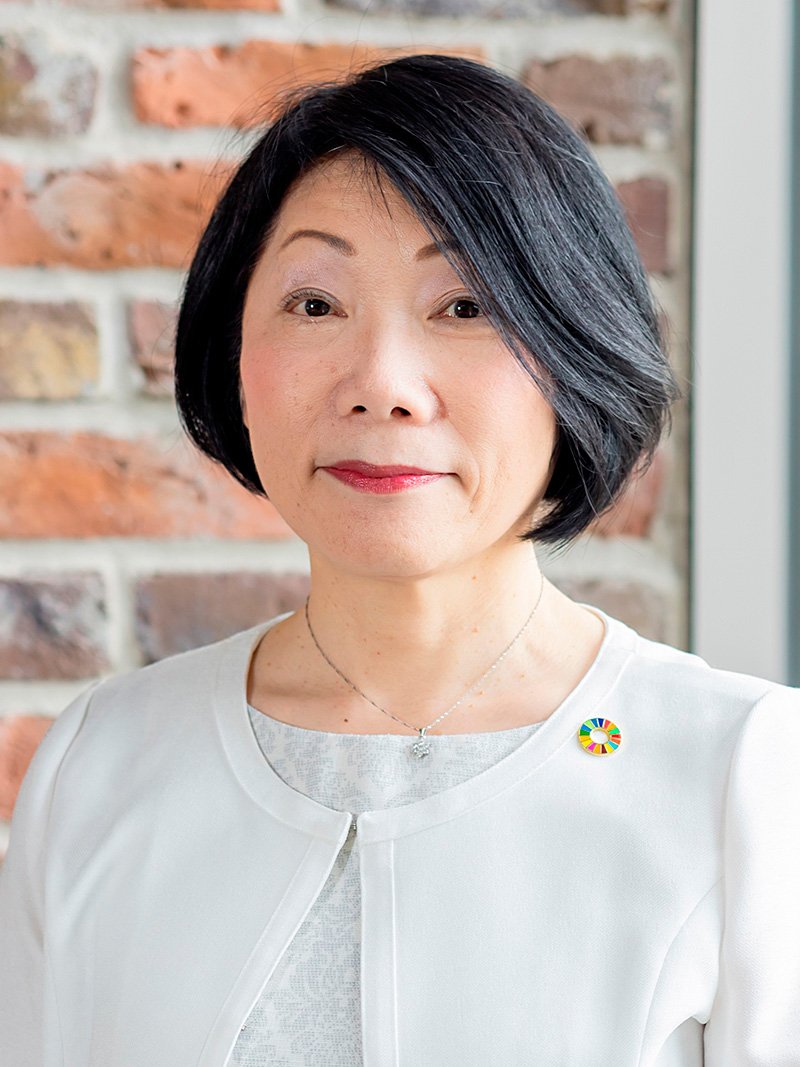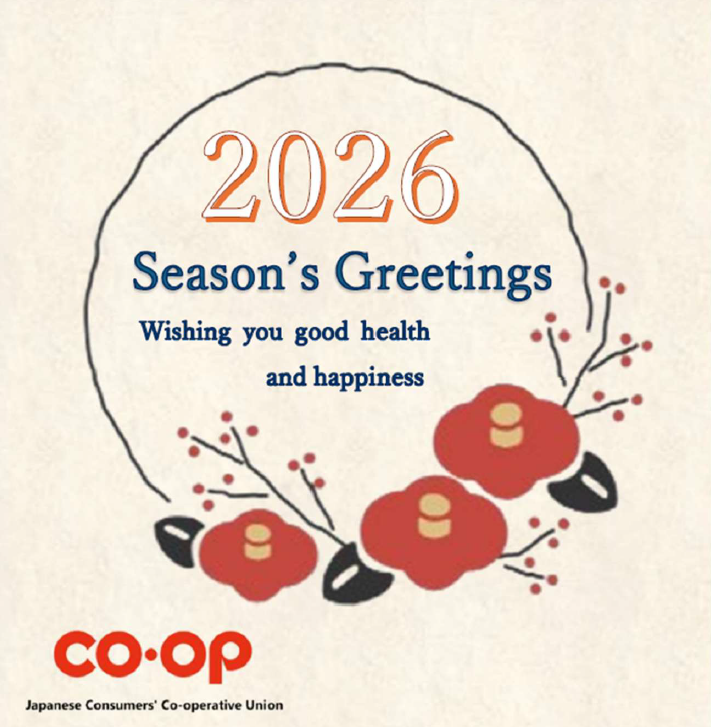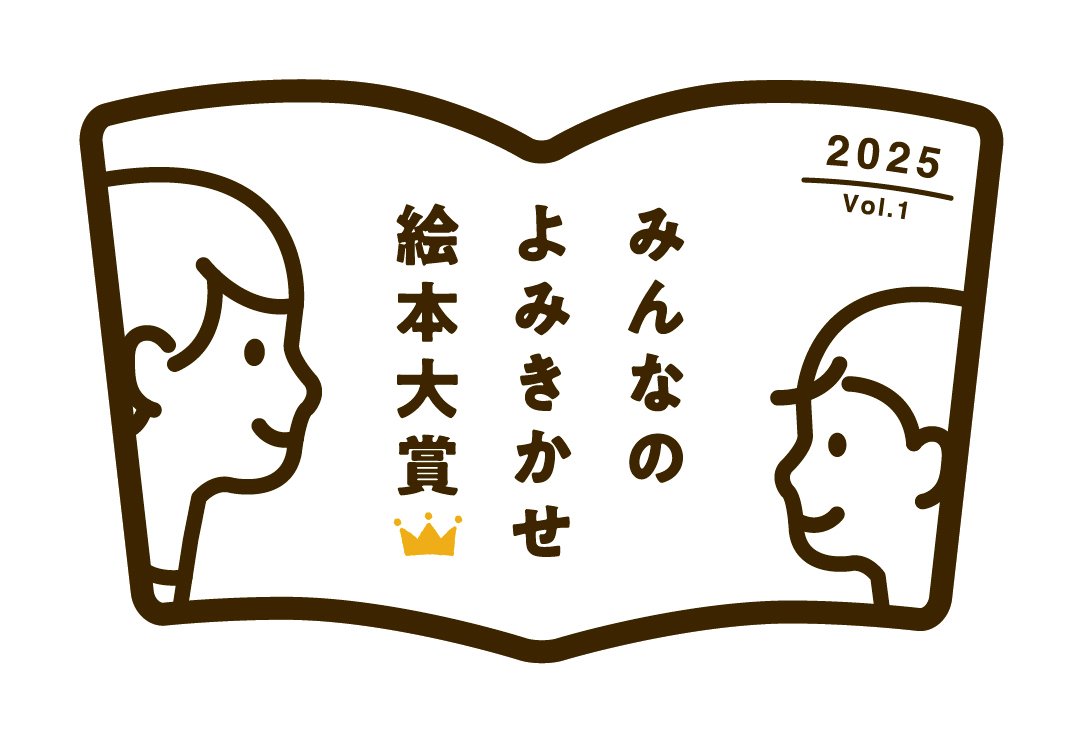A lecture and movie screening of 'Current status and challenges of Children's Cafeteria' held by Fukushima Consumers' Co-operative Union
2018.12.27
Fukushima Consumers’ Co-operative Union has held the learning session called “Learning course to consider poverty of children” since 2016. On November 8, the 3rd session ‘Current status and challenges of Children’s Cafeteria’ and the screening of the movie with the title ‘You Are Always Welcome to Sato‘ were held by Fukushima Council of Social Welfare and Fukushima Consumers’ Co-operative Union in cooperation with Association of Laborers’ Welfare Fund of Fukushima Prefecture. Thirty-five people participated in it.
This film ‘Sato ni Kitara Eyan’ (You Are Always Welcomed to Sato) is a documentary that traced ‘Kodomo no Sato’(Home of Children) which has existed for thirty-eight years in Kamagasaki in Osaka, a town of day laborers. This facility has accepted children aged zero to around twenty free of charge. It’s been used as a place where the local children regardless of their nationality and whether or not they are handicapped.
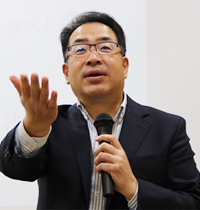
Also, Mr. EGAWA Kazuya, Director of the NPO “Terakoya Houjousha” lectured on ‘Current status and challenges of Children’s Cafeteria’. He made a speech about ‘Changes in the number of children with school refusal in Fukushima prefecture’, ‘The number of bullying which are officially recognized in Fukushima prefecture’, ‘Changes in the number of consultation about child abuse in Fukushima prefecture’, ‘The present situation of single-parent family’ and explained the fact that there are children who haven’t been given a chance of education or who haven’t secured necessary food, clothing, and shelter. Also, he introduced the remarks of children in poverty as follows.
“I want a PC and an electric dictionary. I want to subscribe a newspaper. I really want these three things.”
“I hear all my friends will go to vocational school, but I want to help my mother by working. I don’t want her to die in her thirties like my father. I’m afraid she might die of disease like him if she keeps working as hard as now. I really hope she’ll be fine and beautiful as ever.”
“Living without a mother is much harder than you might imagine. I got mentally damaged and feel more often I don’t want to do anything. What I worry about the most is whether I can keep up studying until the university entrance examination. “

